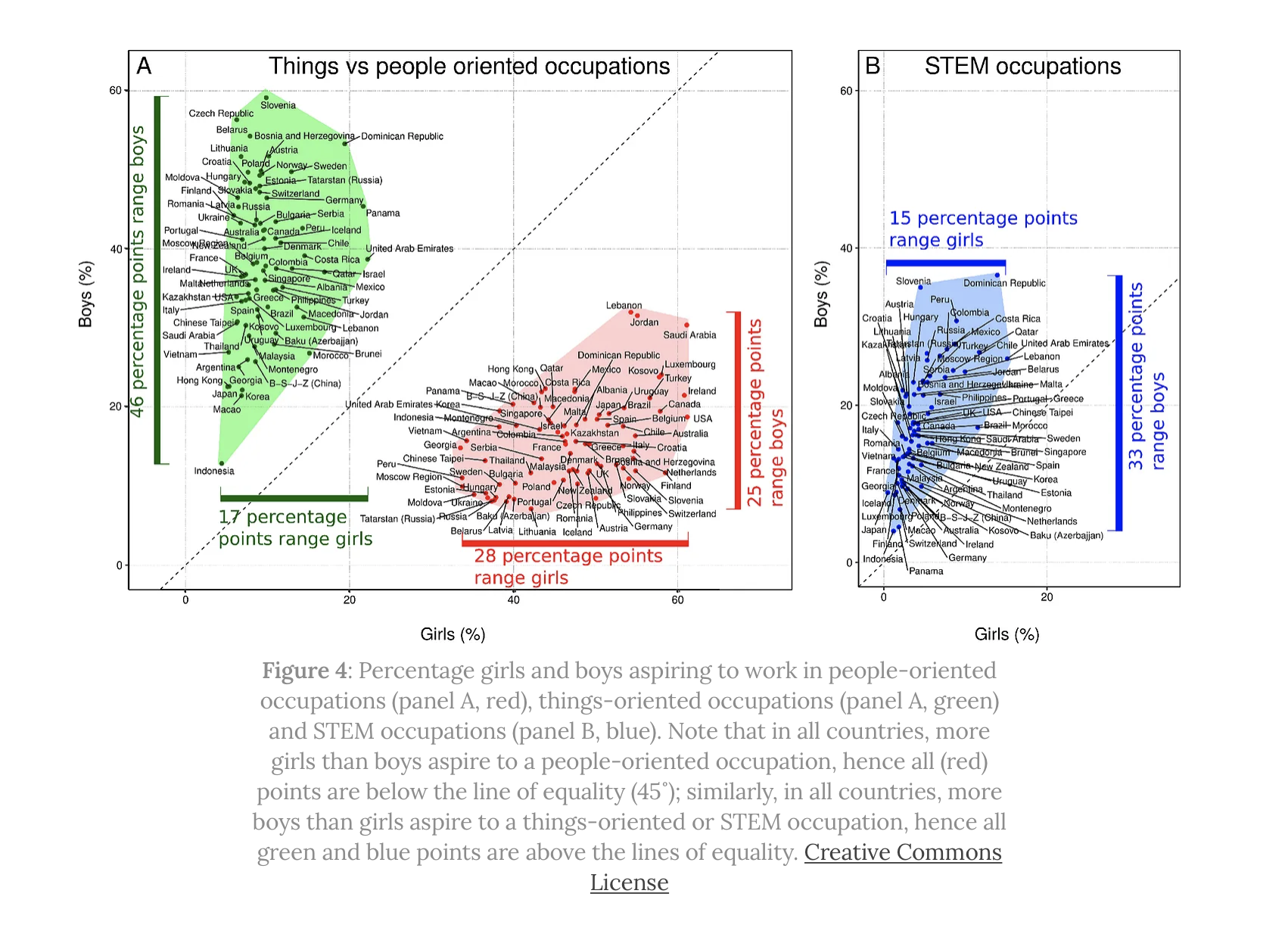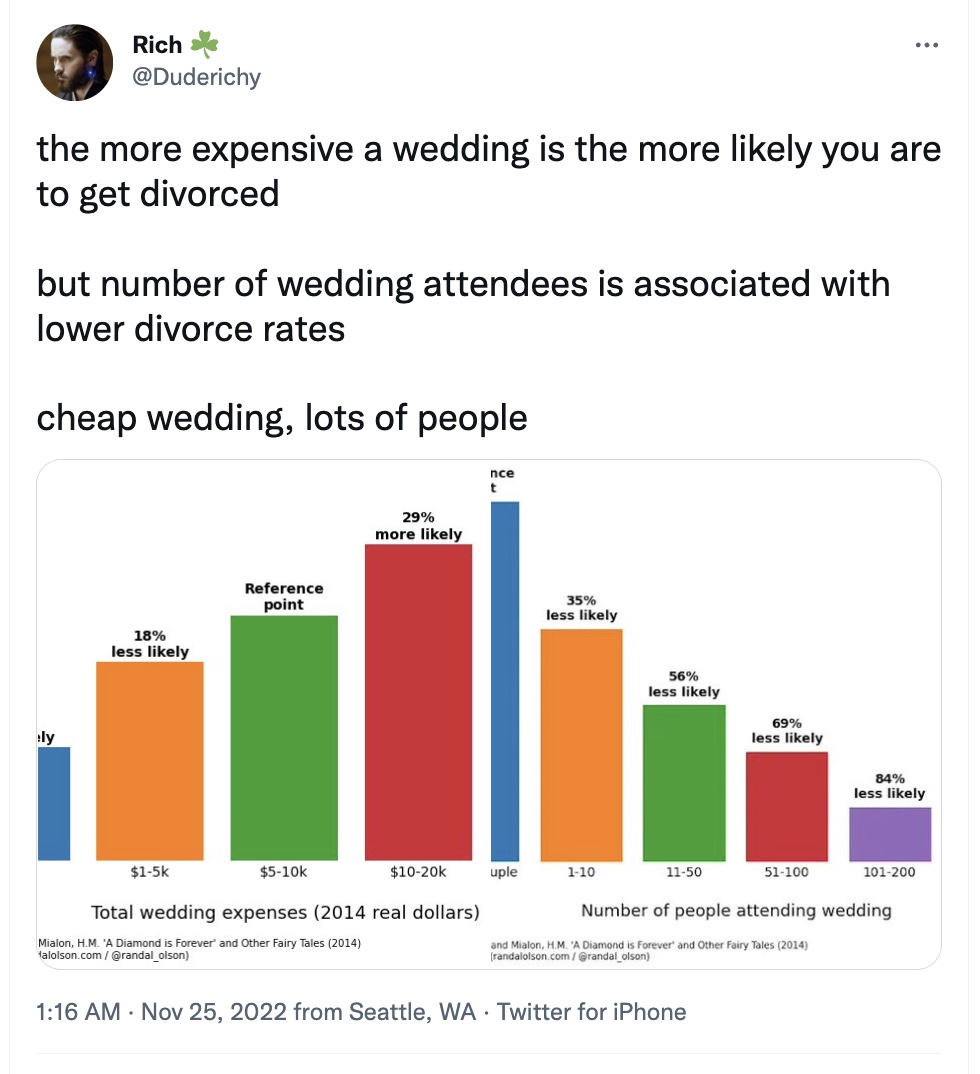California School District Teaches Sex Confusion to Students and Hides it from Parents
In these videos, seven concerned parents and a former student step up to the microphone to express their concerns about gender ideology at Davis Joint Unified School District in California. In the past couple weeks, I have viewed similar parent/school-board videos from about five other public school districts. My prediction is that in 2023 we will be seeing dozens of lawsuits filed by parents against schools based on gender ideology.
I have first-hand knowledge of two concerned parents indicating that their kids' schools tell students that they might have been born in the wrong body, and where teachers and counselors hide from parents that children are being called a new name at school unbeknownst to parents and hidden from the official school records. I don't know how often this kind of thing is going on, but it is happening in more than a few districts. I share the parents' outrage that a school would engage in this behavior and/or hide this type of information from parents. Note that the first speaker at this link, Erin Friday, identifies herself as a democrat and a licensed attorney. There are enormous numbers of people who consider themselves liberal (I am one of them) who are aghast at what some of these schools are doing to students and parents.




